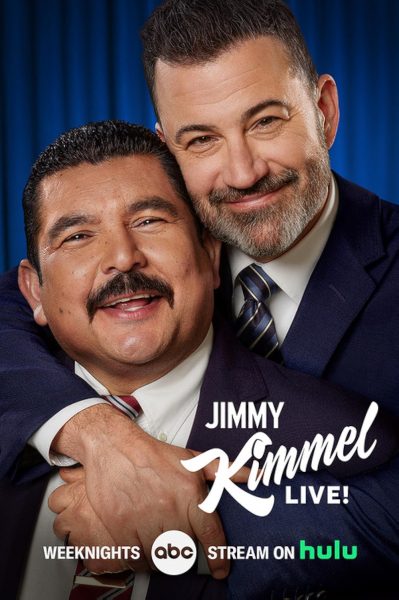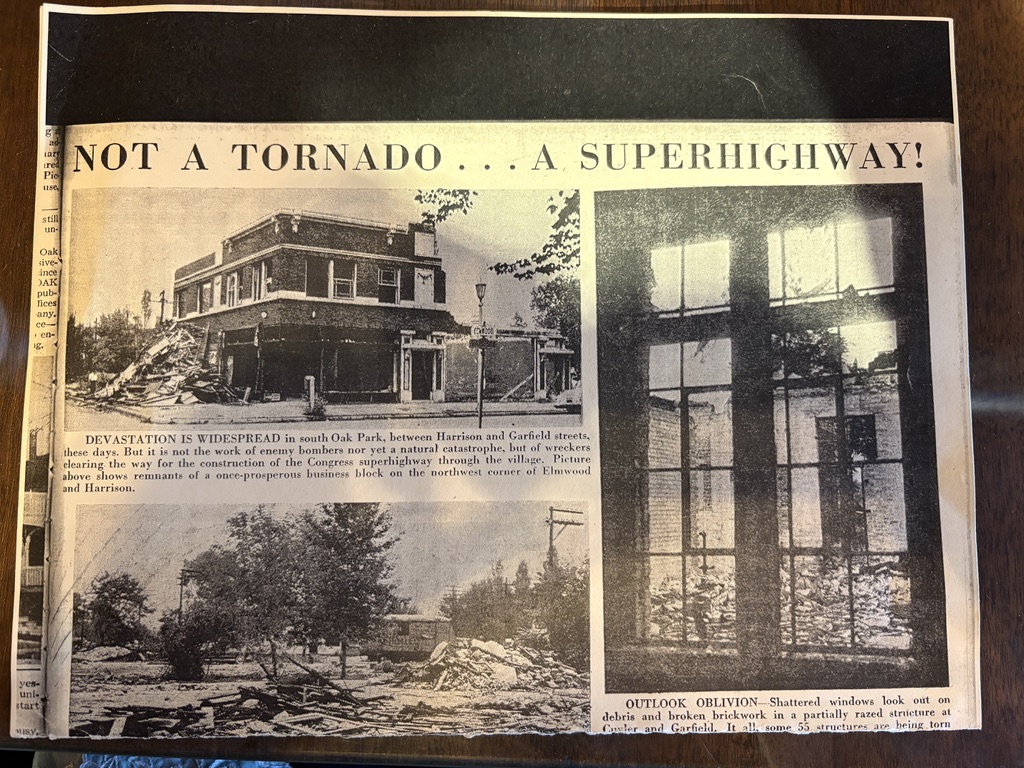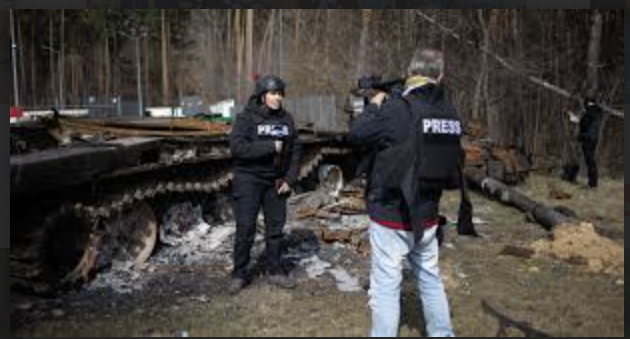
On Sept. 17, Walt Disney-owned ABC announced that its two-decade-old late-night show “Jimmy Kimmel Live!” would be taken off the air indefinitely. The suspension stemmed from a Sept. 15 monologue in which Kimmel commented that Trump supporters “are desperately trying to characterize this kid who murdered Charlie Kirk as anything other than one of them and doing everything they can to score political points from it.” The remarks drew backlash across the political spectrum–from conservative commentators to moderate and even some liberal voices–sparking a nationwide debate over free speech and responsibility in entertainment.
Shortly after the episode aired, right-wing FCC (Federal Communications Commission) Chairman Brendan Carr condemned Kimmel’s comments in his podcast on Sept. 17, calling them “the sickest conduct possible” and questioning whether the show should continue to be broadcast on public airwaves.
While “Jimmy Kimmel Live!” returned to the air on Sept. 23, the controversy surrounding it hasn’t faded. The suspension raises larger questions about the reach of the First Amendment: how far it truly protects speech and where its limits begin and end. In other words, when someone faces backlash or professional consequences for what they say, is that a violation of free speech, or simply the reality of public accountability?
The First Amendment protects freedom of speech and of the press, including content on broadcast television stations. The FCC has the authority to regulate broadcast television and radio, but it must still abide by the First Amendment. According to Kevin Goldberg at Freedom Forum, the consensus and evaluation of the case is that “Kimmel’s right to express his opinions free from government punishment or interference is protected by the First Amendment, though ABC, a private company, can take action against him without violating the First Amendment.”
Because the FCC grants broadcasting companies like ABC their licenses, it wields significant influence over the stations, even though they are commercially funded. First Amendment scholar Evelyn Douek refers to the practice of regulators or government officials pressuring private actors-such as a social media company or broadcast network-to stifle speech as “jawboning.”
Ultimately, the FCC is tasked with ensuring that broadcast stations operate in the “public interest.” The problem is that this standard is vague, leaving questions about whether its involvement in Kimmel’s suspension was truly justified. A similar issue arose in 2018, when ABC canceled “Roseanne” after Roseanne Barr posted a tweet about Valerie Jarrett, a Black woman who had been an aide to President Obama, a comment many viewed as racist. In both cases, networks acted quickly to distance themselves from controversy, reigniting debates about who decides what speech goes too far.
For high school students, this may seem far removed; however, the Kimmel case invites a larger conversation about how free speech operates today. When government officials pressure private companies about censoring free speech, it brings the case to a “grey area” where speech can be silenced but not by direct law.
When viewed narrowly, the issue seems limited; however, this kind of pressure can cause media outlets, social platforms, and even individuals to self-censor–avoiding certain topics or opinions simply to stay safe. When that happens, the result isn’t just fewer words spoken, it’s fewer perspectives shared, fewer debates held and a less informed public.
A tangible example of this came when both Sinclair Broadcast Group and Nexstar Media Group removed “Jimmy Kimmel Live!” from their networks after hearing Carr’s comments. Though no law forced their hand, the fear of conflict or consequence was enough.
While the Kimmel controversy may eventually fade from headlines, the questions it exposes will not. The case serves as a reminder especially to younger generations how fragile the balance between free speech, government power and corporate influence can be. The freedom to speak openly has never been guaranteed; it’s a right that depends on constant awareness and protection. For students and young adults, that means understanding not just what the First Amendment says, but how easily its spirit can be weakened when those with power decide who gets to be heard.






